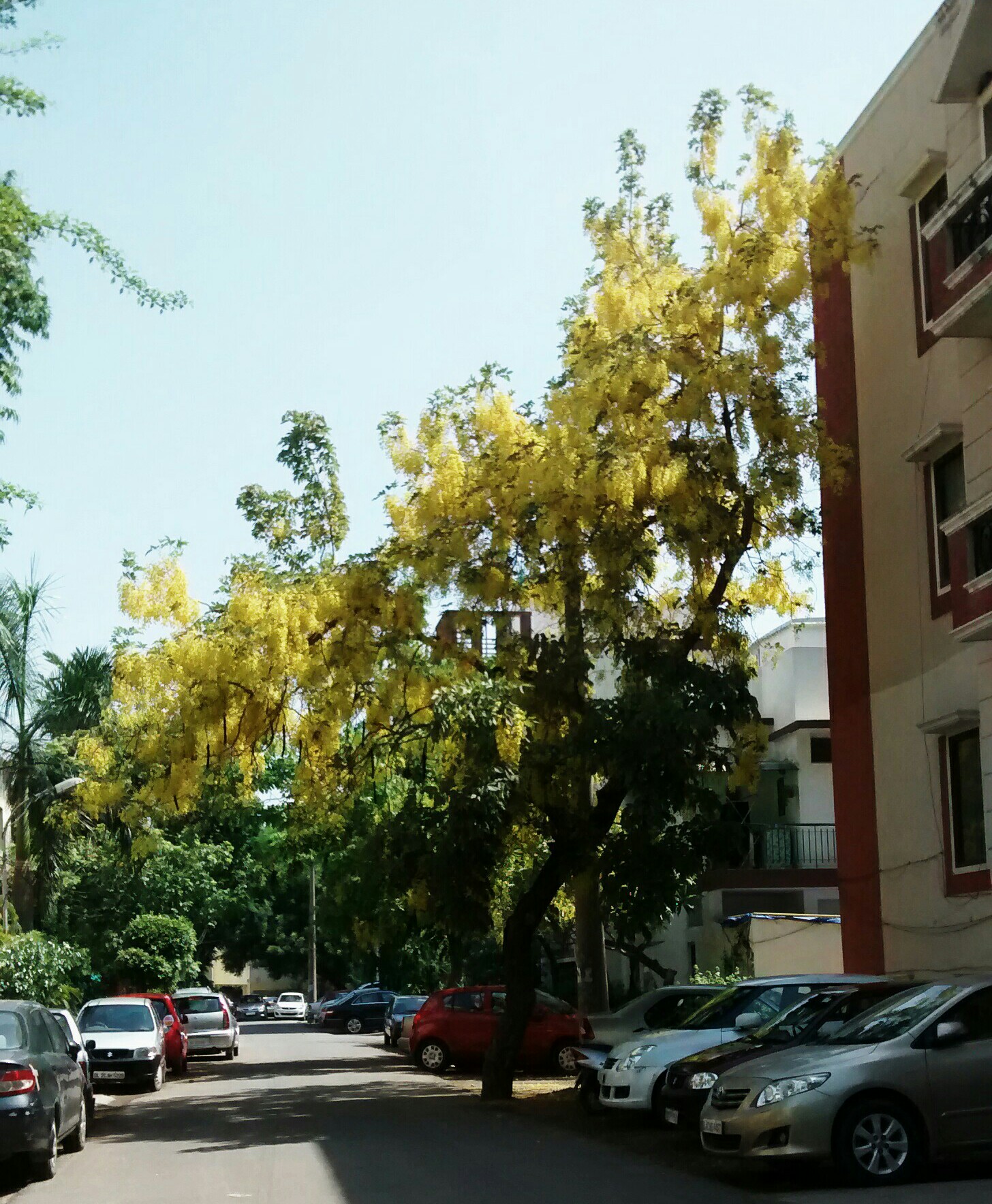
Saket, a South Delhi neighbourhood
The competition to earn higher rankings in Swacch Survekshan 2021 is heating up. Various municipalities are deploying different strategies to motivate residents to segregate waste-at-source. Here’s how two of them are dealing with the issue: While the South Delhi Municipal Corporation (SDMC) plans to offer financial incentives to those who segregate, the Navi Mumbai Municipal Corporation (NMMC) will take tough action against those who don’t segregate.
The SDMC has announced that it will spend up to Rs 10 lakh for development work in areas where residents welfare associations (RWAs) are doing 100% segregation as per the solid waste management norms. The standing committee chairman, Rajdutt Gahlot, has proposed an allocation of Rs 5 crore in the 2021-22 budget for the project, reports The Times of India.
To identify such RWAs, SDMC plans to collect daily reports from the concessionaire picking door-to-door waste, Gahlot added. “The proposal includes incentivizing RWAs in residential areas, group housing societies, and even DDA pockets. We will do only those tasks demanded by an RWA and no fund or cash will be transferred,” Mr. Gahlot said. SDMC has also been felicitating RWAs doing good segregation work under the Swachh Survekshan campaign. Last year, SDMC had ranked 31 out of 47 cities.
At the other end of the spectrum, the NMMC will disconnect the water connection of those buildings and houses that fail to segregate waste-at-source. The civic body has also asked establishments that generate above 50 kgs of waste daily to start composting within the premises, reports The Free Press Journal.
NMMC says it will not provide any benefits to housing societies in waiving off property tax if they do not segregate waste and process within the society. “We will reward buildings if they process waste within the premises,” said a senior official from the SWM. Last year, Navi Mumbai was ranked as the third cleanest city in the Swacch Survekshan.
Each city is different and it will be interesting to see which municipality is able to drive home the importance of segregation at source, quite literally. Importantly, IEC (Inform, Educate, Communicate) has been at the heart of Indore’s success as the cleanest Indian city in the last four years and is at the heart of convincing people to contribute to a healthier, cleaner environment through segregation.
Picture Credit: Amartyabag, Saket A Block Delhi 2, CC BY-SA 3.0



